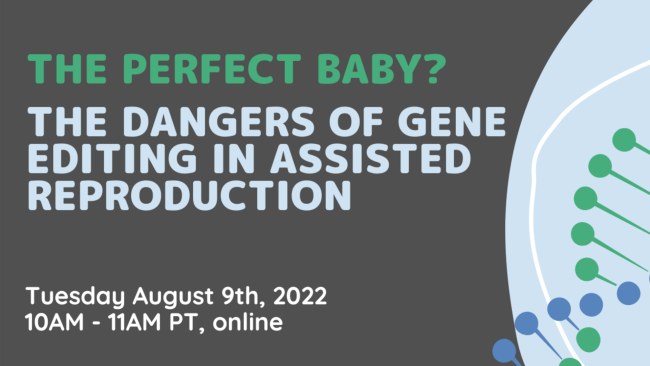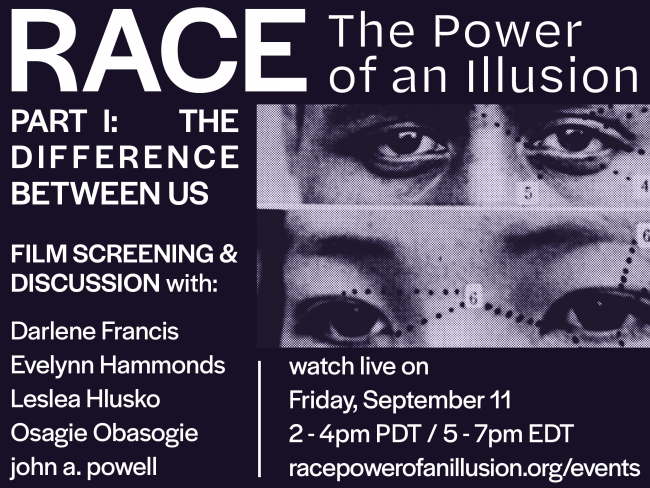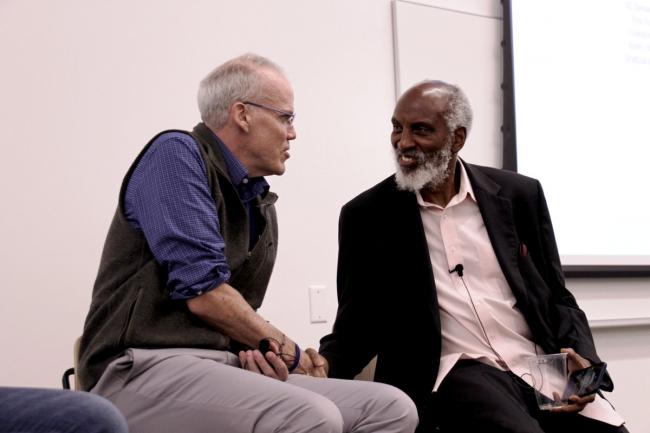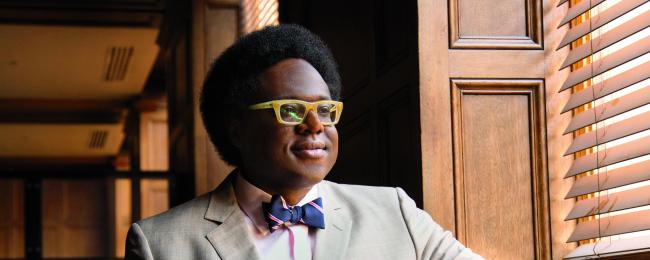Osagie K. Obasogie is Haas Distinguished Chair and Professor of Law at the University of California, Berkeley School of Law with a joint appointment in the Joint Medical Program and School of Public Health. Obasogie focuses his research on racial disparities in health, the myth of "colorblindness," and how blind people "see" race. Some of his research looks at how new reproductive and genetic technologies—stem cell research, assisted reproduction, race based medicines, designer babies, etc.—impact society and, in particular, vulnerable communities (e.g. racial and sexual minorities, women, people with disabilities, poor people, etc.).
November 17, 2020: Trump lost, but his brand of politics may be here to stay (Berkeley News)
October 27, 2020: UC Berkeley freezes eugenic research fund after Black professor raises alarm (The Grio)
October 26, 2020: UC Berkeley disavows a recent eugenic research fund (Los Angeles Times)
June 29, 2020: Race, law, and health policy (Berkeley News)
June 15, 2020: The Atlanta shooting shows how broken our low enforcement system is (Washington Post)
June 11, 2020: Police brutality goes "beyond individual bad apples," professor says (CBS News)
June 8, 2020: A 1989 Supreme Court ruling is unintentionally providing cover for police brutality (Washington Post)
June 5, 2020: Policy killing black people is a pandemic, too (Washington Post)
June 2, 2020: Why We Think of Color When We Think of Race (Psychology Today)
April 23, 2020: Among the reasons COVID-19 is worse for black communities: Police violence (Berkeley News)
August 2, 2019: The Bad-Apple Myth of Policing (The Atlantic)
June 12, 2017: Was Loving v. Virginia Really About Love? (The Atlantic)
June 7, 2016: Opinion | The Supreme Court Is Afraid of Racial Justice (New York Times)
August 30, 2015: Blind people can be racist, too, study says (CNN News)
January 8, 2014: What Can Blind People Tell Us About Race? (Boston Review)
July 24, 2013: Opinion | High-Tech, High-Risk Forensics (New York Times)







